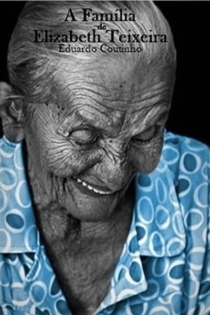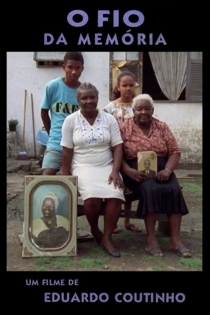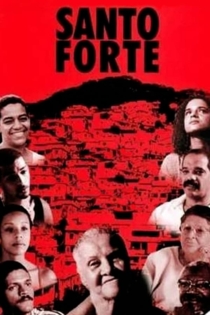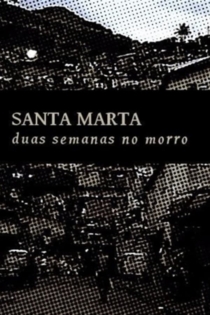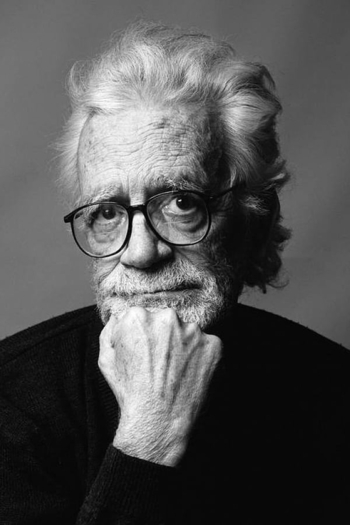
Eduardo Coutinho
1933 - 2014Jogo de Cena
Eduardo Coutinho
Marília Pêra, Andréa Beltrão
Following a newspaper ad, ordinary women tell part of their life stories to director Eduardo Coutinho, which are then re-enacted by actresses, blurring the barriers between truth, fiction and interpretation.
Playing

Edifício Master
Eduardo Coutinho
Fernando José
"Master" is the name of a 12-story apartment building in Copacabana, Rio de Janeiro's neighborhood for nightlife. Over the course of four weeks in 2001, Eduardo Coutinho's film crew rented one of the 276 apartments and used it as home base to make a film about the building's residents. We get to know the building manager, who succeeded in turning the troubled residence into a family complex within just a few years. Using interviews and a few stolen moments in the corridors of the building, Coutinho explores this world. Most of the building's residents come from the lower middle class and are just getting by, but that's just about the only thing they have in common - so many people, so many stories, sometimes told in a self-confident tone, sometimes with averted eyes. The fact that a film crew is interested in their stories puzzles some of them. Hope, fear, dreams, memories, love and loneliness all appear from behind the doors of this average apartment building.
Master, a Building in Copacabana
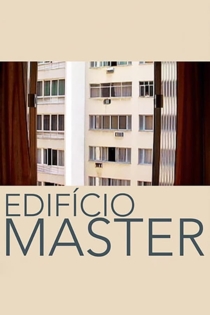
Cabra Marcado Para Morrer
Eduardo Coutinho
Ferreira Gullar, Tite de Lemos
Eduardo Coutinho was filming a movie with the same name in the Northeast of Brazil, in 1964, when there came the military coup. He had to interrupt the project, and came back to it in 1981, looking for the same places and people, showing what had ocurred since then, and trying to gather a family whose patriarch, a political leader fighting for rights of country people, had been murdered.
Twenty Years Later
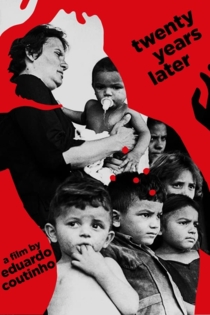
Teodorico, o Imperador do Sertão
Eduardo Coutinho
Theodoro Bezerra is a member of the Brazilian elite, a farmer and politician since the 1940s who has been elected as a state congressman by the state of Rio Grande do Norte. He concentrates on his own characteristics as a popular leader, despite being sexist and elitist, as well as using public funds for personal causes.
Teodorico, o Imperador do Sertão
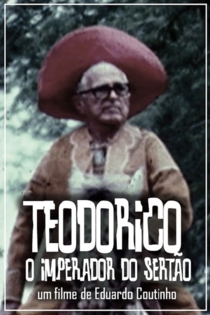
Boca de Lixo
Eduardo Coutinho
In this documentary Coutinho examines the plight of the people who live off the waste of the Brazilian cities. These people make their living by scavenging the immense urban garbage dumps searching for whatever they can find to sell as well as whatever they can find to eat.
The Scavengers
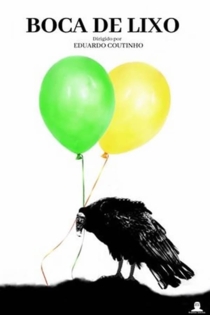
As Canções
Eduardo Coutinho
Simple, emotionally compelling documentary that delves into the songs that hold meaning in people's lives. It is composed of 18 sessions where the director engages his subjects in conversation about the song they picked. The end product is deeply personal stories about music and its intimate connection to memory, love, loss, self-discovery, regret, death, and life.
Songs

Peões
Eduardo Coutinho
In 1979 and 1980, workers in São Paulo’s metallurgical industry organized a series of strikes that changed the face of union politics in Brazil. In the process, they established the groundwork for Brazil’s Worker’s Party and brought to the national spotlight union leader Luís Inácio Lula da Silva. Metalworkers is a feature-length documentary about the stories of 21 of these workers who took part in these historic strikes but remain in relative anonymity today.
Peões
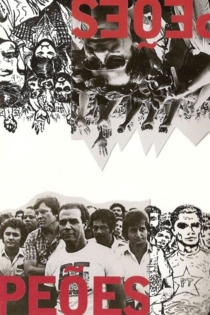
Últimas Conversas
Eduardo Coutinho
Eduardo Coutinho
Made from interviews with young Brazilian students by filmmaker Eduardo Coutinho before his death (in February 2014), the film seeks to understand how teenagers think, live and dream nowadays. The footage was edited by Coutinho’s longtime partner, film editor Jordana Berg, and the final cut is signed by João Moreira Salles.
Last Conversations
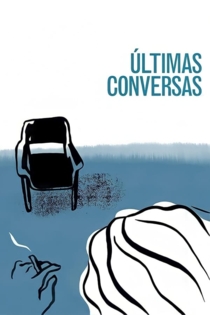
Sete Visitas
Douglas Duarte
Douglas Duarte, Eduardo Coutinho
How much theatricality is there in an interview-based documentary? On one side, someone answers. On the other side, someone asks questions – usually away from the camera eyes. But what would happen if also filmed the interviewers? And if the respondent also had the right to ask? And if the parties never met? What if instead of a glimpse into someone’s life, we had several? ‘Seven visits’ is a film about questions. And about the act of being interested in the other.
Sete Visitas

O Fim e o Princípio
Eduardo Coutinho
A film that began from zero. Without any previous research, characters, locations or established themes, a film crew arrives at the Paraiba backlands in search of people with stories to tell. In the town of São João do Rio Peixe, they discover the Araçás Farm, a rural community where 86 families live, the majority connected by family ties. Thanks to the mediation of a young woman from Araçás, the residents – consisting mostly of elderly people – tell their life stories, marked by popular Catholicism, hierarchy, a sense of family and honor. A world on the verge of disappearing.
O Fim e o Princípio
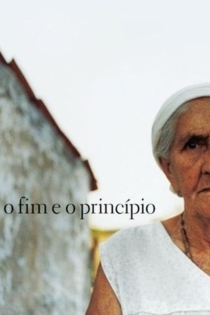
A Família de Elizabeth Teixeira
Eduardo Coutinho
Elizabeth Teixeira
After an initial meeting in 1964 interrupted by military dictatorship and a new meeting in the early 1980s to end the film "Twenty Years Later", Eduardo Coutinho once again find Elizabeth Teixeira, survivor of peasant struggles.
A Família de Elizabeth Teixeira
